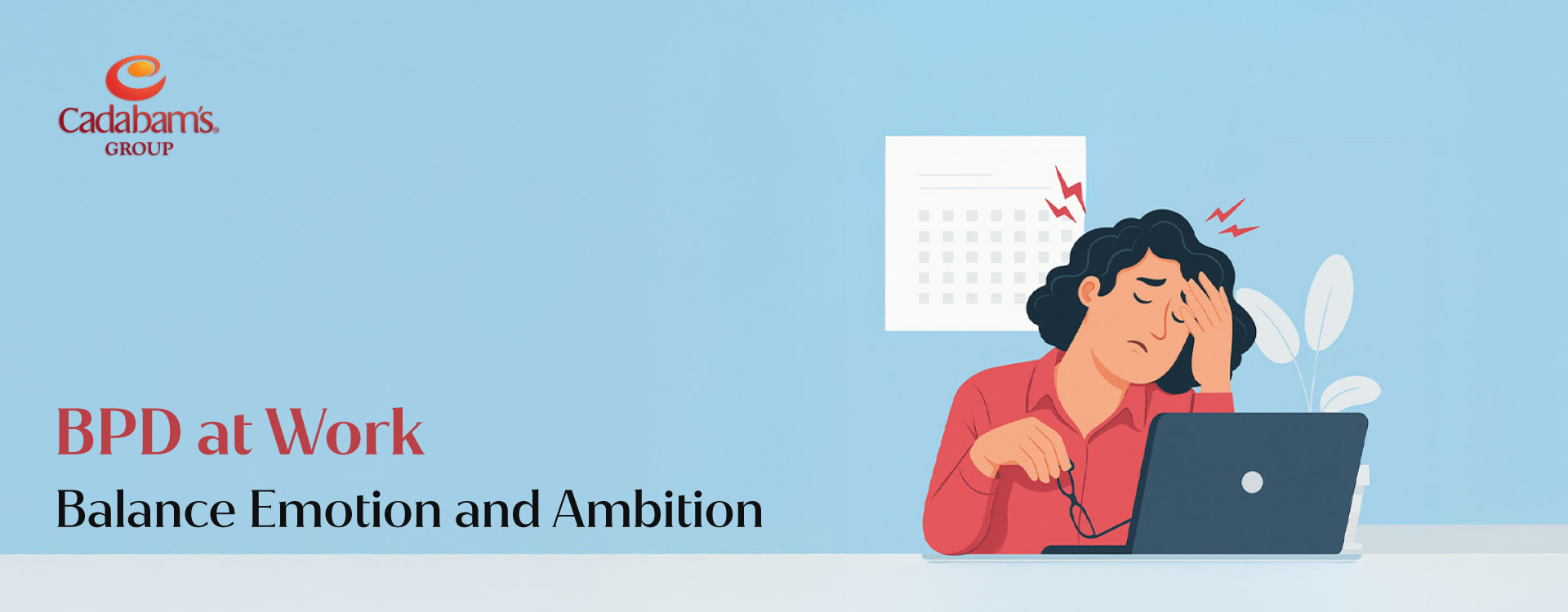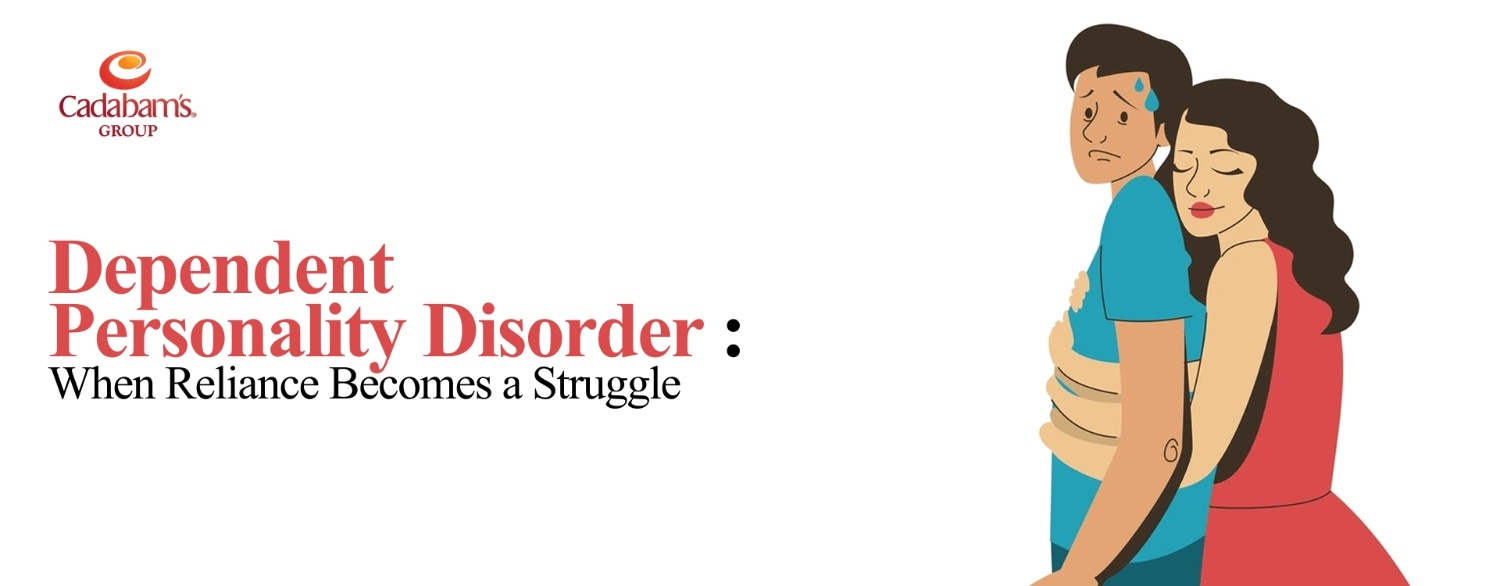Antisocial Personality Disorder (ASPD) is a mental health condition wherein an individual shows a long history of not being concerned about the rights of others, societal norms, and laws. Individuals with ASPD may also be manipulative, deceitful, or recklessly endangering others. This article explores what causes it, its symptoms, diagnosis, and treatments to enlighten one's mind on this multi-faceted disorder.
What is Antisocial Personality Disorder?
Antisocial Personality Disorder is such a disorder wherein there is a persistent lack of concern for others' welfare. It logically leads to destruction. Criminally oriented behaviour can emerge where the person will only commit crimes without any apparent remorse. Relationships usually can't be maintained. This disorder affects the patient and those surrounding him; therefore, its nature must be well comprehended.
At What age does antisocial personality disorder develop?
Generally, ASPD originates in childhood or early adolescence, but the diagnosis is always made later in adulthood, roughly 18 years old. Early signs include a variety of disorders; for instance, conduct disorder. Children are aggressive, lying, or even commit rules violations. When these patterns are carried over into adulthood, possibly the full-blown condition of ASPD may be untreated.
How Common is antisocial personality disorder?
ASPD is believed to affect about 1% to 4% of the general population. Its prevalence among men is higher than that of women. Although the disorder is considered rare, its impact on those affected, families, and society is significant, frequently resulting in criminal activities or strained relationships.
Causes of Antisocial Personality Disorder
Causes of ASPD are complex and multifactorial in nature-usually a combination of genetic, environmental, and neurological elements that influence an individual's vulnerability to the disorder.
Genetic Factors
Research has documented that there is a genetic component associated with ASPD, with the risk being greater if one had a first-degree relative with the condition. For example, there is a possibility that genetics can influence the ability to regulate or manage impulses, risk-taking, and aggression-all characteristic features among individuals with ASPD.
Environmental Influences
The most identified risk factors linked to the development of ASPD include early childhood experiences such as abuse, neglect, or exposure to violence. Trajectories toward developing antisocial behaviours can be based on a disordered home environment or inconsistent discipline by one's parents.
Brain Structure and Function
Studies of the nervous system have also shown that individuals with ASPD tend to have abnormalities in the structure and function of parts of the brain, particularly those that are involved in regulating the emotional response and decision-making. Brain abnormalities could impair empathy, self-control, and emotional sensibility, which are main features of ASPD.
Symptoms of Antisocial Personality Disorder
Symptoms of ASPD vary widely among people who have the disorder. Knowing what these symptoms are can lead to early detection and management.
Behavioural Symptoms
Individuals with ASPD tend to show devious, manipulative, or violent conduct. The person may engage in criminal acts, lie profusely, and act not to care about the safety or rights of others. This type of behaviour pattern will lead to frequent run-ins with the law and poor job performance.
Emotional and Relational Impact
ASPD immensely disrupts personal relationships. Individuals with the disorder might have challenges in attaching emotionally, showing less empathy, and usually manipulating others for their benefit. This disorder is emotionally devastating since it deprives an individual of meaningful relationships.
Diagnosing Antisocial Personality Disorder
Diagnosis of ASPD must be done through a careful assessment by a mental expert. It comprises adequate history taking and observation of behavioural features.
Diagnostic Features Based on DSM-5
The pattern of lack of rights consideration toward others should be present in the individual, which started before the age of 15 years. Symptoms include repeated unlawful behaviour, deception, impulsivity, irritability, and lack of remorse. The diagnosis is made only if the individual is above 18 years.
Tests and Assessments
A combination of psychological tests and interviews is used to diagnose ASPD. This assessment is used both to monitor a continuous pattern of antisocial behaviour but also to rule out other possible mental conditions like bipolar disorder and schizophrenia.
When to See a doctor?
There are times, however, when you or a close acquaintance exhibit antisocial behaviour like habitual lying, crime, and/or violence. In this case, seeing a professional is highly important. Even though early treatment contributes more to controlling symptoms and foregoing the advance of the condition with time, late treatment has also been associated with effective management of symptoms for the patient.
Treatment and Management for Antisocial Personality Disorder
While the treatment for ASPD is not always straightforward, some therapeutic options can help treat and manage symptoms for individuals to live better.
Psychotherapy Options
Cognitive-behavioural treatment is one of the most commonly used treatment methods for ASPD. It helps the patient realize his or her destructive patterns of thinking and reroute these thoughts into less harmful ways. It is also quite useful in improving emotional regulation and interpersonal skills. Group therapy can be quite effective in improving empathetic abilities and social skills.
Changes in Lifestyle and Supportive Therapies
Lifestyle changes, such as maintaining regular self-care habits, along with the avoidance of triggers such as substance abuse, can also help manage ASPD. Some supportive therapies, such as family counseling, can aid in handling the lifestyles of family members more effectively to deal with the difficulties arising from the condition.
Living with Antisocial Personality Disorder
Lifestyle with ASPD is one of the most difficult ones to experience and needs ongoing treatment through therapy. Patients and their families are better off when they understand the disorder and the ways to manage it.
Challenges and Coping Strategies
The challenges of living with ASPD range from maintaining employment to staying out of trouble with the law. Coping strategies for ASPD include anger management, mindfulness techniques, and seeking support networks. These coping strategies may help individuals with ASPD manage their behaviours and reduce negative impacts on their lives.
Support for Families and Caregivers
The families and caregivers of the person with ASPD would often experience great stress. Counselling or support groups can help them learn how to set limits, control their expectations, and provide care that is appropriate but without enabling destructive behaviours.
The Role of Cadabam’s in Treating Antisocial Personality Disorder
At Cadabam’s, we offer a holistic approach to treating Antisocial Personality Disorder (ASPD) through evidence-based therapies like Cognitive Behavioural Therapy (CBT) and personalised care plans. Our expert team works closely with individuals to address behavioural patterns, emotional regulation, and social skills. With continuous support and professional guidance, Cadabams aims to improve quality of life for those living with ASPD, fostering healthier relationships and long-term stability.
If you are searching for a solution to your problem, Cadabam’s Rehabilitation Centre can help you with its team of specialized experts. We have been helping thousands of people live healthier and happier lives for 30+ years. We leverage evidence-based approaches and holistic treatment methods to help individuals effectively manage their Antisocial Personality Disorder. Get in touch with us today. You can call us at +91 96111 94949.
FAQs
How to help someone with antisocial personality disorder?
Supporting someone with ASPD involves encouraging professional therapy, setting clear boundaries, avoiding enabling harmful behaviour, and seeking guidance from mental health professionals for long-term management strategies.
What are the effects of antisocial behaviour?
Antisocial behaviour can lead to strained relationships, legal issues, job instability, and isolation. It may also result in emotional distress for both the individual and those around them.
Do people with antisocial personality disorder have feelings?
Yes, people with Antisocial Personality Disorder experience emotions, but they often struggle with empathy and may not express their feelings in a typical or socially appropriate way.
What are the causes of personality disorder?
Personality disorders can arise from a combination of genetic factors, early childhood experiences, environmental influences, and brain structure abnormalities, all contributing to the development of these mental health conditions.
.webp)








